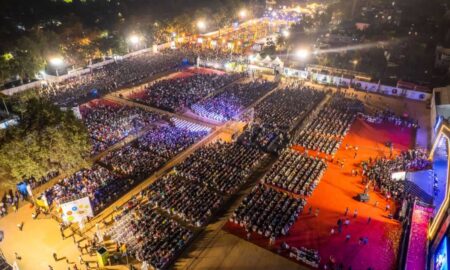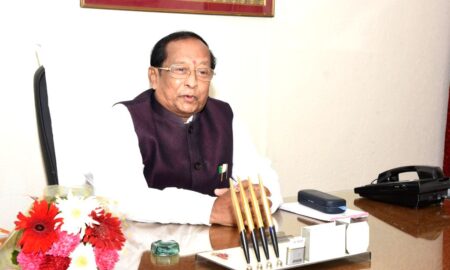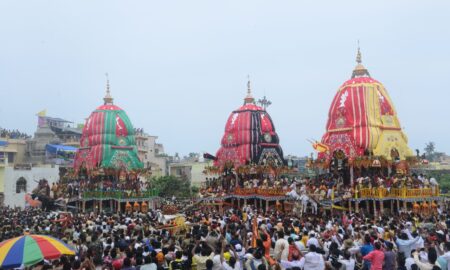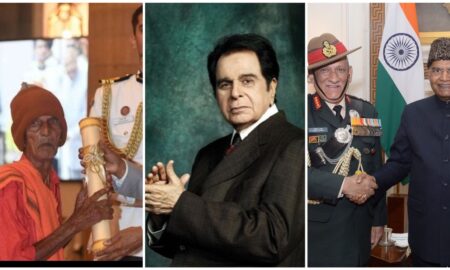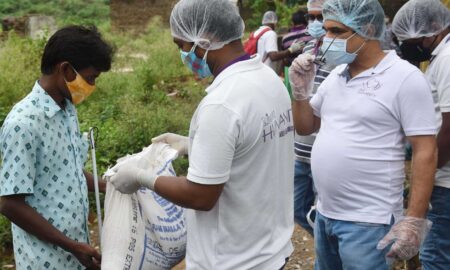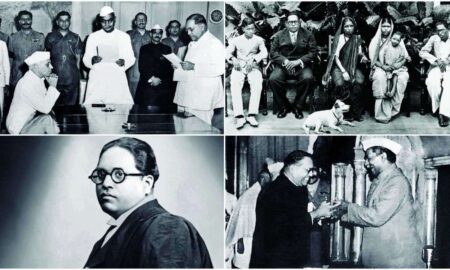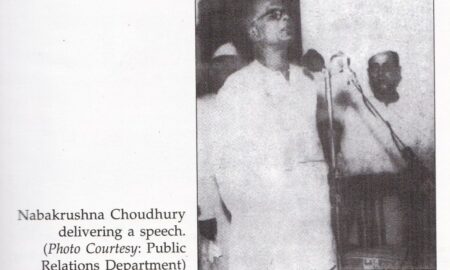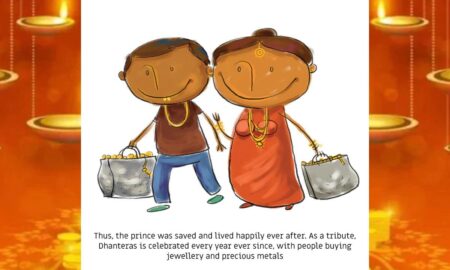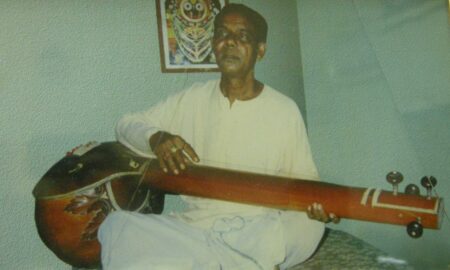More in Special Report
-
The Lion Cub Fostered With Love By A Human Parent.
Share the newsOdisha has a history of wildlife conservation and hand rearing of wild animals. Beginning from Khairi, the tiger cub...
January 30, 2022 -
Gone From The World But Not From Hearts.
Share the news2021 began as a year of hope but as we progressed further, the gloominess started appearing as people struggled...
January 2, 2022 -
“Humanity is the stepping stone towards restoring Coexistence”-Living Humanity
Share the newsThe pandemic and lockdown has broken the backbone of the poor. With no means of livelihood they’re left vulnerable....
June 13, 2021 -
THE CONSTITUTION DAY OF INDIA.
Share the newsTalking in layman terms, the Indian Constitution is the incomparable guideline book that sets out the directions to be...
November 26, 2020 -
NABAKRUSHNA CHOUDHURY- THE SOCIALIST LEADER OF ODISHA.
Share the newsNabakrushna Choudhury was an Indian government official and activist born on 23 November 1901 at Kherasa town of Jagatsinghpur...
November 23, 2020 -
KALLOLA 2020- EXPLORING CHILDREN’S CREATIVITY.
Share the newsAaina, an Odisha-based voluntary association teamed up with UNICEF to facilitate the initiation function of Children’s Festival Week of...
November 20, 2020 -
THE INTERESTING STORY BEHIND DHANTERAS.
Share the newsDhanteras is commended on the main day of the multi-day long Diwali celebration. The addition ‘Teras’ in Hindi is...
November 10, 2020 -
TOP TEN TV SERIES AVAILABLE ON NETFLIX, AMAZON PRIME AND HOTSTAR.
Share the newsGone are the days when people had to sit in front of their television sets flicking through varied channels...
November 3, 2020 -
REMEMBERING THE BHAJAN SAMRAT ON HIS 10TH DEATH ANNIVERSARY.
Share the news‘Bhikari Bala’ is a name unceasingly present in every Odia’s heart. A genuine pioneer in the Odia bhajan field,...
November 2, 2020

